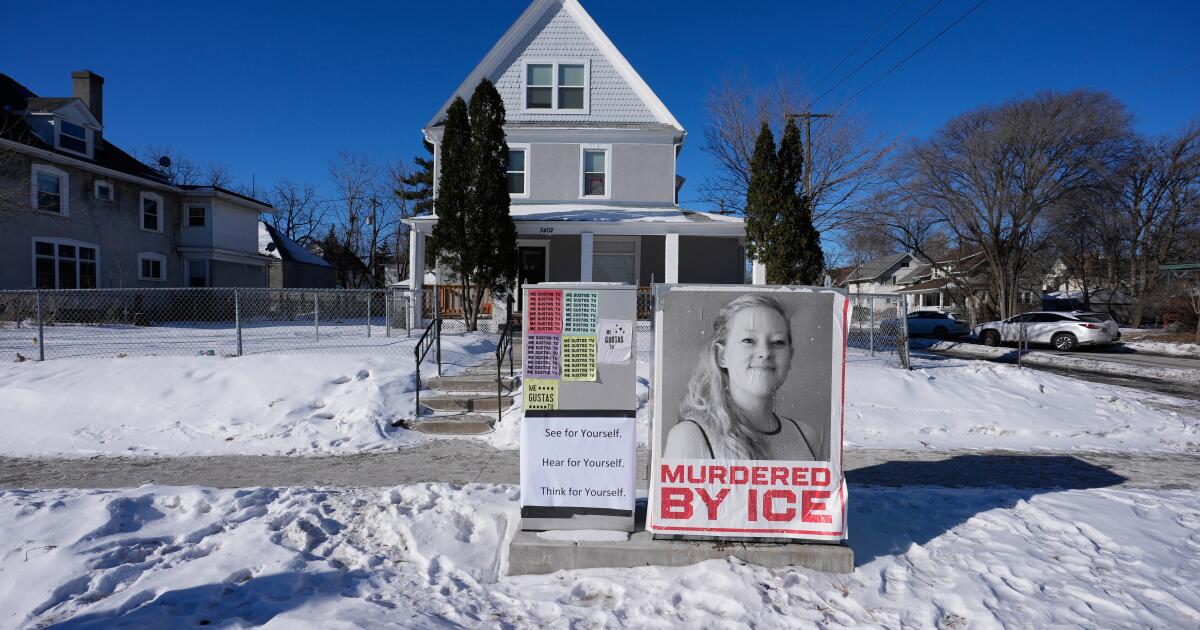Judge won’t halt Minnesota immigration enforcement surge
MINNEAPOLIS — A federal judge says she won’t halt the immigration enforcement surge in Minnesota as a lawsuit over it proceeds.
Judge Katherine M. Menendez on Saturday denied a preliminary injunction sought in a lawsuit filed this month by state Atty. Gen. Keith Ellison and the mayors of Minneapolis and St. Paul.
It argued that the Department of Homeland Security is violating constitutional protections. The lawsuit sought a quick order to halt the enforcement action or limit its scope. Lawyers with the U.S. Department of Justice have called the lawsuit “legally frivolous.”
The ruling on the injunction focused on the argument by Minnesota officials that the federal government is violating the Constitution’s 10th Amendment, which limits the federal government’s powers to infringe on the sovereignty of states. In her ruling, the judge relied heavily on whether that argument was likely to ultimately succeed in court.
The federal government argued that the surge, which it calls Operation Metro Surge, is necessary in its effort to take criminal immigrants off the streets and because federal efforts have been hindered by state and local “sanctuary laws and policies.” State and local officials argued that the surge is political retaliation after the federal government’s initial attempts to withhold federal funding to try to force immigration cooperation failed.
“Because there is evidence supporting both sides’ arguments as to motivation and the relative merits of each side’s competing positions are unclear, the Court is reluctant to find that the likelihood-of-success factor weighs sufficiently in favor of granting a preliminary injunction,” the judge said in the ruling.
U.S. Atty. Gen. Pam Bondi lauded the ruling Saturday on social media, calling it “another HUGE” legal win for the Justice Department.
Federal officers have fatally shot two people on the streets of Minneapolis, Renee Good on Jan. 7 and Alex Pretti on Jan. 24.
